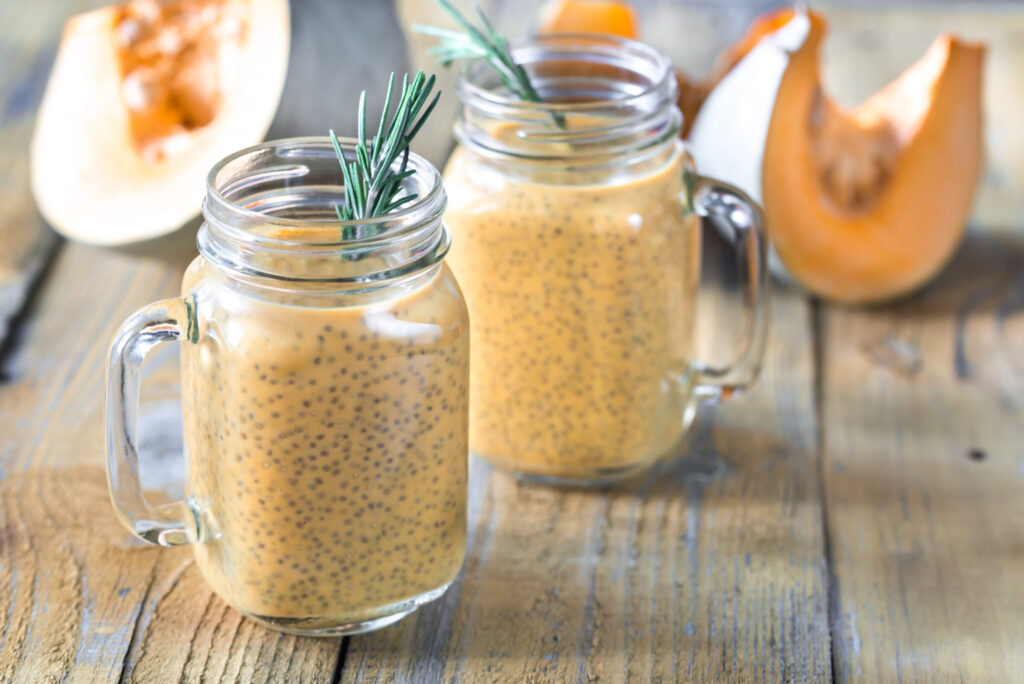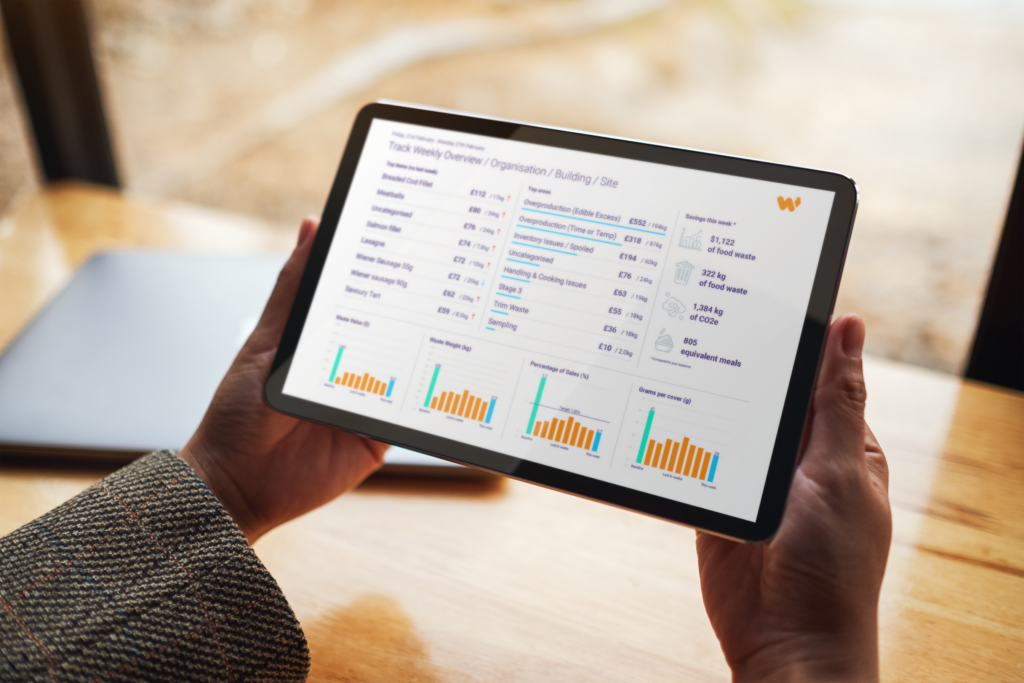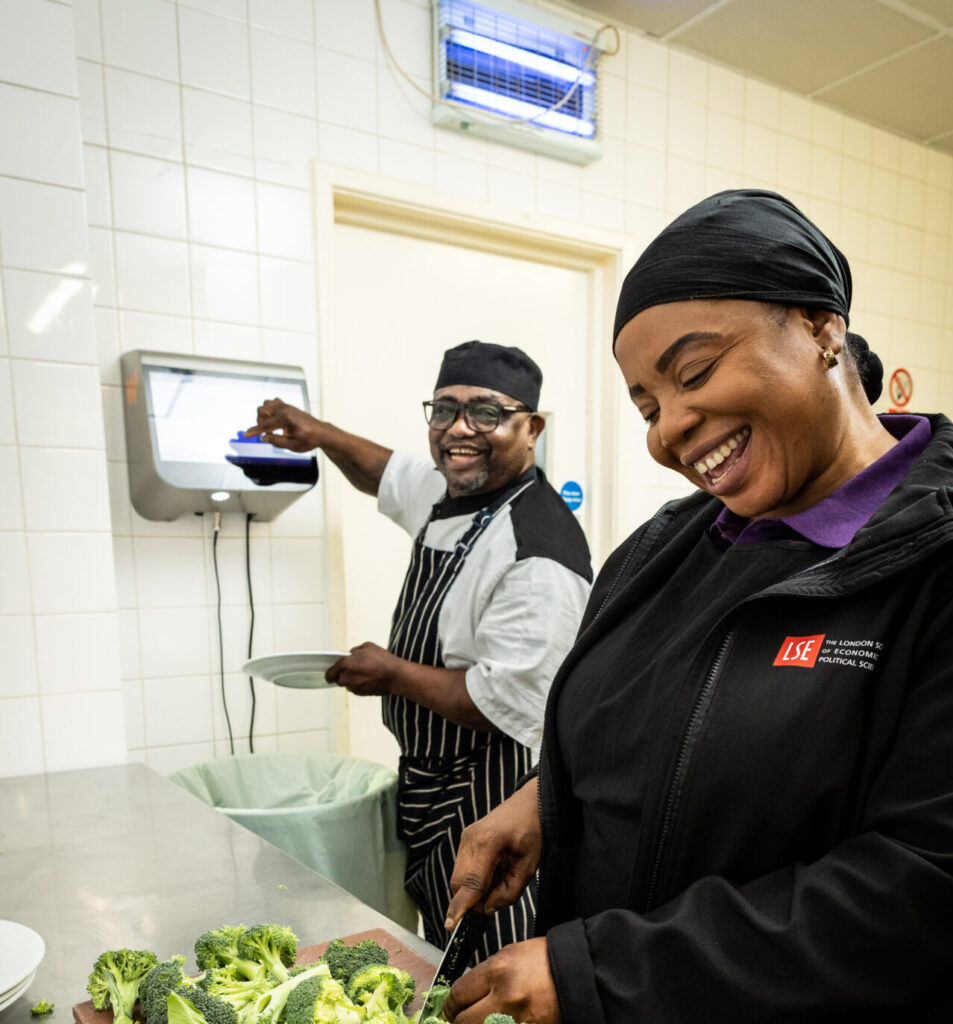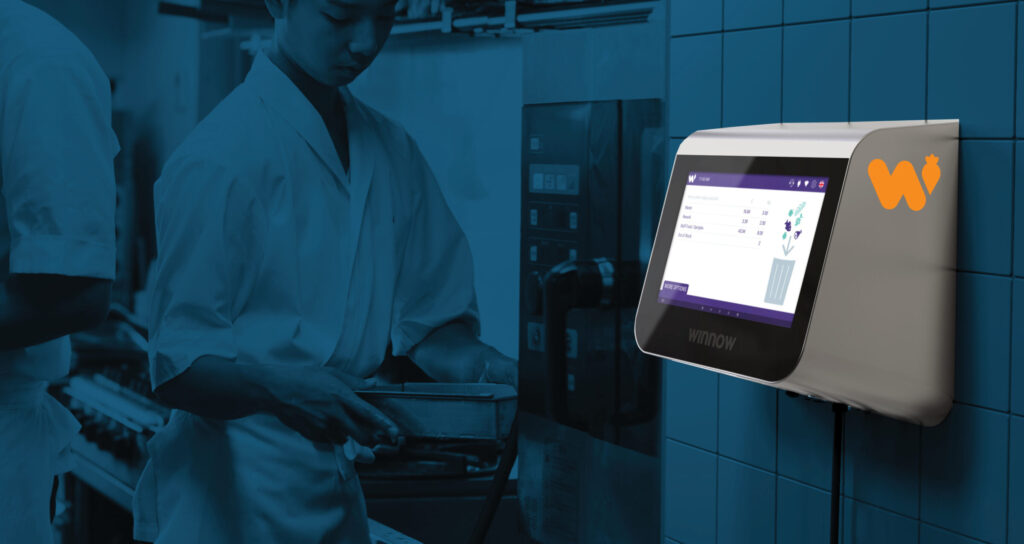

 " alt="winnow technology food waste">
" alt="winnow technology food waste"> " alt="winnow vision food waste technology">
" alt="winnow vision food waste technology">Food waste continues to be a major problem in Canada, and it’s one that has far-reaching consequences. Canada alone wastes a staggering 2.3 million tons of food every year. That’s equivalent to 2.1 million cars on the road, which release a massive 6.9 million tons of CO₂ into the atmosphere. The term “food waste” refers to all the food people grow, harvest, process, manufacture or prepare for human consumption, but ultimately do not eat. It occurs at all stages of the food supply chain, from farm to plate. Food waste reduction is an integral part of our food services business, and it supports our journey to a circular economy. And that’s not all – it also puts a strain on our natural resources such as: water, soil, and land. Every year, Canada wastes over 50% of all its food, contributing to 8% of worldwide greenhouse gas emissions caused by food waste.
Thankfully, there are solutions to this problem. By encouraging more efforts to reduce waste, we can not only help the environment, but also make food more readily available, save money for both consumers and businesses, and strengthen our food systems as a whole.
The food and beverage industry is currently witnessing a surge of innovation in the world of Artificial Intelligence (AI) and deploying AI to address specific challenges.
AI has the capability of using machine learning algorithms to program systems to accurately identify discarded food. For example AI technology can analyze data concerning food waste. This includes information about the types of food being wasted, the reasons for waste, and the most significant waste-generating areas. By identifying patterns and trends, AI algorithms can provide insights and recommendations to reduce waste, improve operational efficiency, and implement targeted waste reduction strategies.
This innovation presents an unparalleled opportunity to transform the food economy from a linear to a circular model, promoting more sustainable food service practices.

In 2021, we partnered with Winnow, a food waste management technology company. We ran two pilot programs from November 2021 to October 2022, at the following locations:
Winnow’s technology uses an AI-enabled tool to capture photos of discarded food as it’s thrown away. Simultaneously, it self-trains to identify items in the bin that have been thrown out. Our head chefs analyze the information to make smarter purchases and menu decisions. This leads to a reduction in discarded food and an overall positive impact. The results of the pilot program were outstanding, with significant savings and reductions in wasted food at both locations.

Reducing food waste is a critical step towards achieving a greener future. The positive outcomes from our pilot highlights the importance of technology like Winnow in achieving sustainability goals. Our commitment to sustainability and creating a more circular economy further emphasizes the significance of utilizing technologies such as Winnow.
As a result, we have decided to continue the program permanently at these locations, and to roll out this technology at other locations over the next year. This decision is a strong statement of our commitment to reducing waste and embedding circularity in our food services division. By taking the necessary steps to address food waste in our own communities, we can create a more sustainable and resilient food system that benefits both people and the planet.
Are you looking for a food service partner for your organization? Reach out to a member of our team.
Want to learn more about how Dana can make a difference with its food service offerings? Get in touch with our team today!